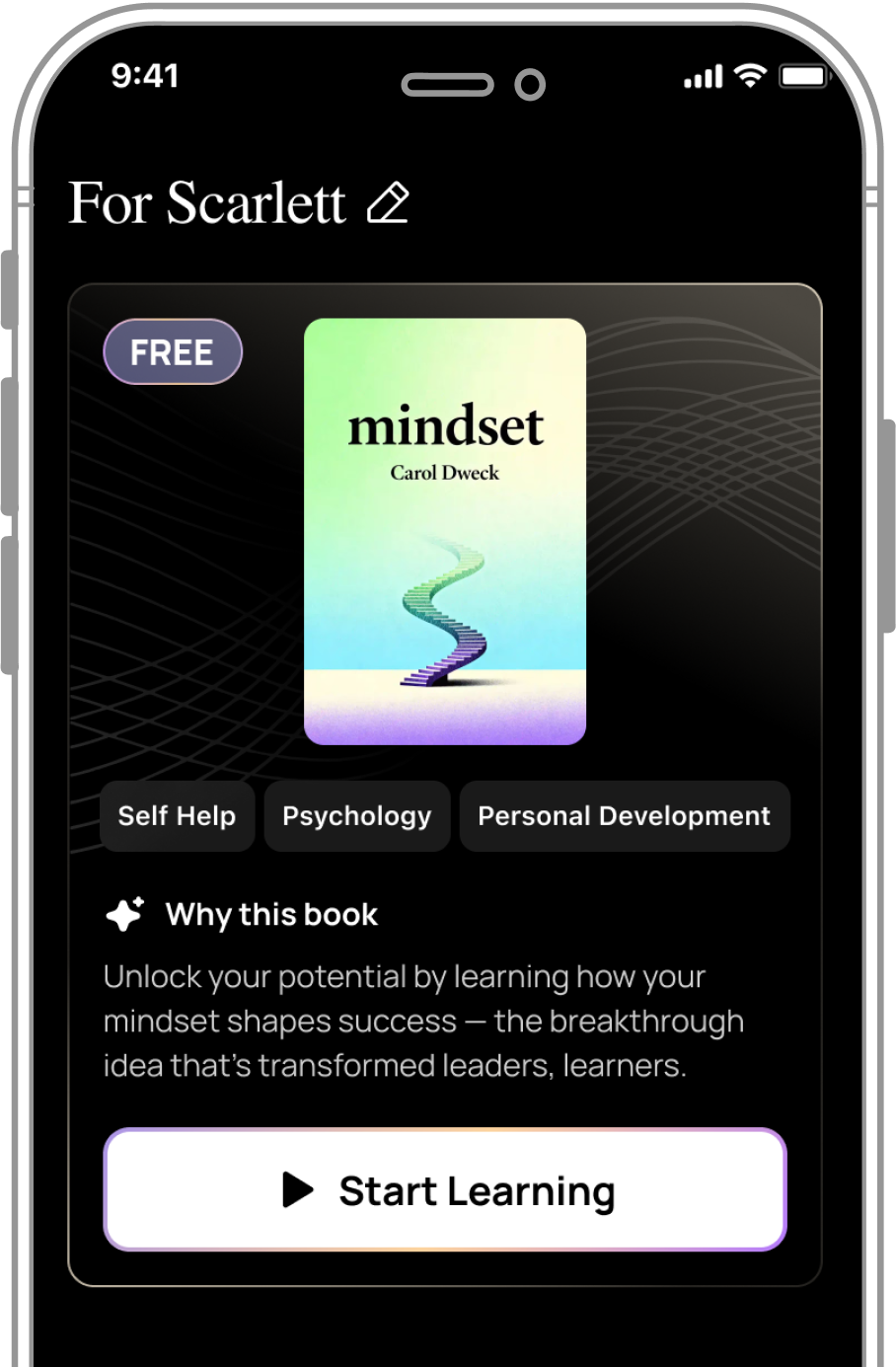What is
Personal History by Katharine Graham about?
Personal History is Katharine Graham’s Pulitzer Prize-winning memoir chronicling her transformation from a reserved homemaker to CEO of The Washington Post. It details her leadership during pivotal events like the Pentagon Papers leak and Watergate scandal, her husband Phil Graham’s mental health struggles and suicide, and her navigation of a male-dominated media landscape. The book blends personal vulnerability with insights into 20th-century American journalism.
Who should read
Personal History?
This memoir is ideal for journalism enthusiasts, aspiring female leaders, and history buffs. It offers a behind-the-scenes look at media ethics, corporate resilience, and socio-political shifts from the 1930s–1990s. Readers interested in feminist narratives, mental health impacts on families, or the intersection of press freedom and government power will find it particularly compelling.
Is
Personal History worth reading?
Yes—Personal History is hailed for its candid storytelling and historical significance. Graham’s introspective account of overcoming self-doubt to lead a media empire, paired with her role in landmark journalistic moments, makes it a staple for understanding 20th-century media and women’s leadership. The Pulitzer Prize board praised its “vivid, personal voice.”
How did Katharine Graham’s husband influence her career?
Phil Graham, initially celebrated for revitalizing The Washington Post, suffered from untreated manic depression, leading to erratic behavior and infidelity. His 1963 suicide thrust Katharine into leadership. Though unprepared, she credited Phil with sparking her passion for journalism, calling him the “architect” of her later professional identity.
Why did
The Washington Post publish the Pentagon Papers?
Graham supported publishing the classified Vietnam War documents despite government threats, believing in the public’s right to know. This 1971 decision, opposed by legal advisors, solidified the Post’s reputation for fearless journalism and set a precedent for press freedom during political crises.
What feminist themes appear in
Personal History?
Graham reflects on systemic sexism, detailing challenges like being excluded from boardroom discussions and combating industry skepticism. Her evolution—from downplaying gender barriers to advocating for women’s leadership—mirrors broader feminist movements. She bluntly admits, “I didn’t understand the deep social currents trapping women.”
What are key quotes from
Personal History?
- On resilience: “What I essentially did was to put one foot in front of the other, shut my eyes, and step off the edge.”
- On journalism: “In the end, we published because we believed we were right.”
How did Graham handle the 1975
Post pressmen’s strike?
Facing violent union opposition, Graham hired replacement workers to avoid shutdowns, a controversial move that modernized the paper’s operations. Her resolve during the 138-day strike, including threats and sabotage, underscored her commitment to editorial independence amid financial risks.
What critiques exist about
Personal History?
Some reviewers note Graham’s privileged perspective, with limited discussion of racial or class inequalities. Others highlight her cautious tone when critiquing political allies like JFK or LBJ. However, most praise her unflinching honesty about Phil’s mental illness and her own insecurities.
How did Watergate coverage impact Graham’s legacy?
Graham’s unwavering support for Woodward and Bernstein’s investigation—despite Nixon administration threats—cemented the Post’s investigative reputation. Her memoir reveals private fears of “company ruin” but emphasizes editorial integrity over corporate or political pressure.
Why is
Personal History relevant today?
The memoir remains a case study in ethical leadership, resilience during crises, and gender equity struggles. Its themes—media accountability, mental health stigma, and institutional sexism—resonate in modern discussions about corporate responsibility and #MeToo-era challenges.
What leadership lessons does
Personal History teach?
- Embrace humility: Graham openly shares early management mistakes.
- Prioritize ethics: “Facing down critics is easier than facing a mirror.”
- Build teams: She credits editor Ben Bradlee and others for the Post’s success.








